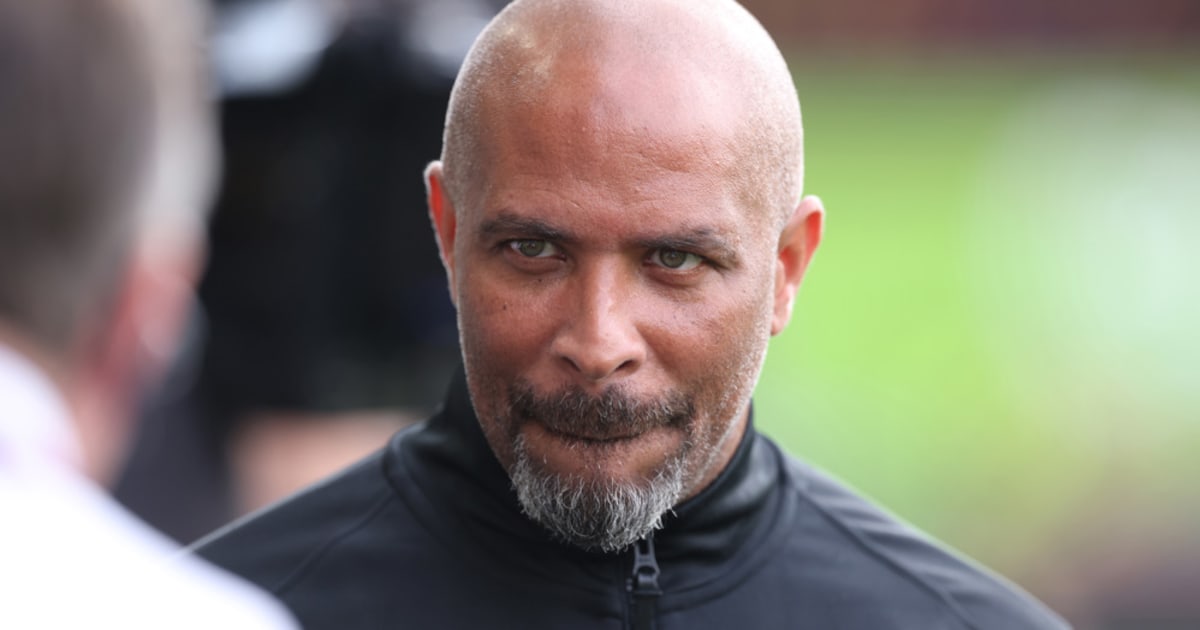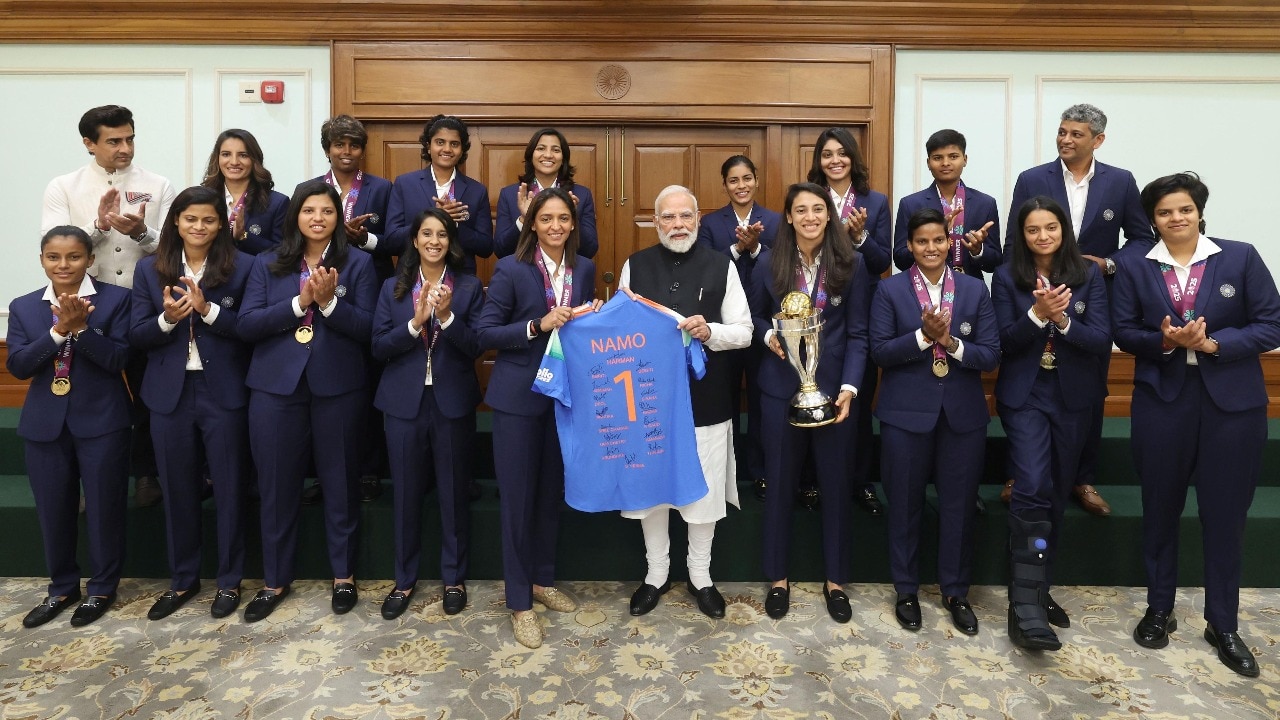‘My son (9) loves football, but I am horrified at what goes on at matches’

QuestionI am a mother of a nine-year-old son and he loves football. He began playing for a local team recently and, initially, I was delighted – the coach is a lovely man and the other volunteers are all very fine people.For background, my own family is one of girls and so I had no experience of, or knowledge of, football as we were all more focused on music and drama growing up. I am horrified at what goes on at matches, and I am mostly talking about the spectators, who are probably other parents.I was at a game a few weeks ago and a player pushed another player to the ground (off the ball, as I was later told) and this was being managed by the ref when a man ran on to the pitch shouting the most foul language at the child who did the pushing. This was backed up by cheering and shouting by other spectators and I even saw a linesman being spat at.Honestly, I am shocked and really upset that these children are being exposed to this appalling behaviour at such a young and impressionable age. I spoke to my partner about this and he just said that our son will get used to it and learn to handle it, as he himself has done. We have fought a lot about this in the last couple of weeks and I know my son wants me to stop talking about it so that his football isn’t affected, but I am tempted to pull him out of this sport as it normalises such awful behaviour.I feel that I am supporting a system that trivialises abuse, but my husband and son just want me to back off.AnswerThe really good side of this story is that people who are passionate about football are volunteering to train young teams and give a lot of their time and energy to training and managing these children. This is very good role-modelling as these coaches will have a huge influence on the lives of the children, much more than the spectators.If you trust the leaders of the team to uphold strong values, then you can continue to send your son to practice and games knowing that he is in the care of thoughtful and good people.However, not tackling the abusive behaviour on the sidelines is not an option either as it will leave you feeling victimised and frustrated. Perhaps you could talk to the coaches and ask if they (with your help) would organise a town-hall meeting of all concerned, this should include the local community, parents, teachers and football lovers.[ ‘I am a stay-at-home mother and completely addicted to my phone’Opens in new window ]This group of people could come up with an action plan that might include lobbying the football association, monitoring games to see exactly what is happening and coming up with a plan to change the culture (at least at a local level). You will need to include people like your husband in this group as he is invested in the game and presumably wants a safe place for his son to grow his love of the sport.It is often useful to have someone well-known to lead the charge so ask around if there is a sportsperson who has similar age children, who might be willing to lend a hand in this endeavour. What you want is for spectators to enjoy their passion for the sport and manage to curtail their outrage at the same time.There is no doubt that everyone would benefit if this were to happen.Some sports organisations are already putting out advertisements on this topic and the message is beginning to get through. If everyone wants this enough, then there will be a tipping point where there will be enough societal disapproval to make the shouters pause before letting fly.You want your child to indulge in his passion for football and to learn to manage conflict and disagreements in the world. This is a slow process, but he will learn via how you challenge and engage with the problems you encounter.[ ‘I am worried teachers won’t look beyond test results to see the potential in my 10-year-old’Opens in new window ]This includes learning from how you and your partner manage difficult conversations, so consider how you might demonstrate best practice. Listening fully is the first step in any attempt at understanding and this requires laying down the position of righteousness – which is of course easier said than done.All conflict can be sorted when people talk and listen enough and usually the outcome is not one that either side started out with, so model this at the dinner table by genuine attempts at understanding different positions and by not coming to conclusions too quickly.Our world needs more genuine dialogue (where we are open to having our opinions changed) and this is a great skill to foster in your home, and in your relationship. All change starts with a small step and yours is the one in front of you, so talk to the football coaches and offer to be part of the solution.




.jpg)








